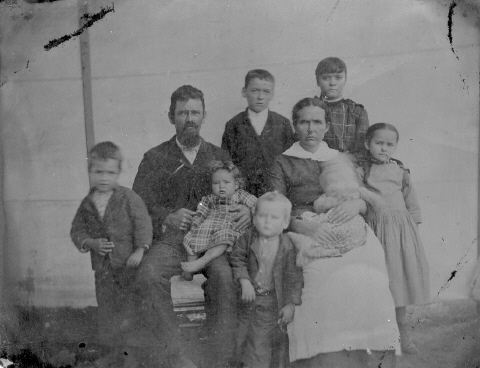 When we think unhealthy relationship what first comes to mind? Most of us would think of domestic abuse-a woman in a romantic relationship being abused by her partner. But the truth is, unhealthy relationships happen all around us, every day, and are closer to home than we might think.
When we think unhealthy relationship what first comes to mind? Most of us would think of domestic abuse-a woman in a romantic relationship being abused by her partner. But the truth is, unhealthy relationships happen all around us, every day, and are closer to home than we might think.
An unhealthy relationship does not have to be romantic in nature. It can be between friends, siblings, workmates, neighbours, or even parents and children. But no matter where it happens, the warning signs of an unhealthy relationship are universal. Here are some things to watch out for:
One person being manipulated or controlled by the other.
One person feeling pressured to change for the other.
One person is belittled by the other.
One person avoids certain topics or actions for fear of angering the other, or feels worried when they disagree with the other person.
Arguments are not settled fairly, or during violence there is verbal or physical abuse.
All of these are signs we would recognize in a romantic relationship, but they can be more difficult to recognize in one that is not romantic in nature. If you recognize any of these signs in one of your relationships, it may be time to take a step back and examine the relationship as a whole.
This can be more difficult, especially in the case of parents and children. After all, parents seem expected to exert some degree of control over their children, yet as they reach adulthood when does that move from loving guidance to the realm of the unhealthy relationship? Let’s take a look at Anna’s relationship with her mother, Pam.
Anna is twenty-one years old and a recent college graduate. She has temporarily moved back home to look for a job, and spends her days sending in applications and tailoring her resume. Once in a while she goes out with her friends. The economy is terrible, and Anna’s brief move back home gets longer and longer. Pam begins to belittle her, calling her lazy and telling her she does not believe she is really looking for a job. Feeling constantly diminished, Anna avoids her mother where she can, and becomes afraid to tell her about her job search for fear she’ll just be scorned some more. All the time there is stress, a desire for approval and unspoken feelings building up within Anna.
Although this is a mild example, Anna and Pam’s relationship is unhealthy, and if something between them does not change, their relationship has the potential to become permanently damaged.
In this kind of unhealthy relationship, violence is uncommon, and the best solution is often to talk things out with the other person. The ability to communicate is a great healing skill, when it enables you to voice how another’s behaviour makes you feel. The two of you can discuss what can be done to fix it. If you do not feel comfortable talking to the other person alone, invite a trusted friend or family member to join the discussion. If no agreement is reached, it may be time to consider ending the relationship. If the offending party is a family member, it may be best for everyone involved to avoid each other wherever possible, if things truly cannot be fixed. If they are a friend it is in your best interest to cut your losses and end the relationship altogether. So easy these days, just press delete on the mobile phone.
Remember, only you can know what is in your best interests, and, as with all unhealthy relationships, the first step to recovery is admitting there is a problem in the first place.
